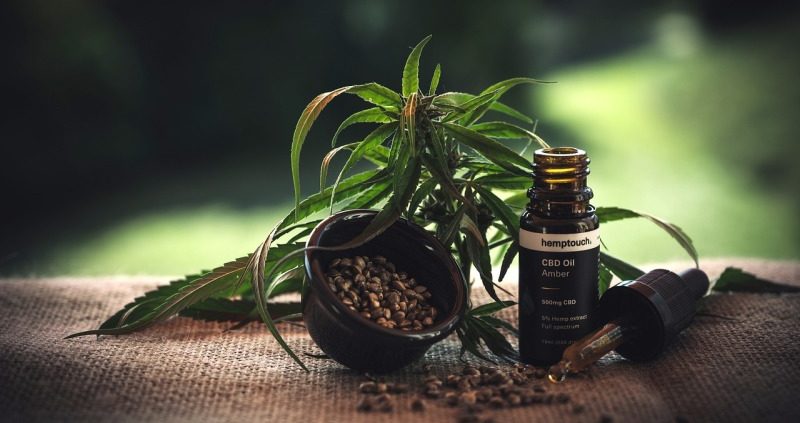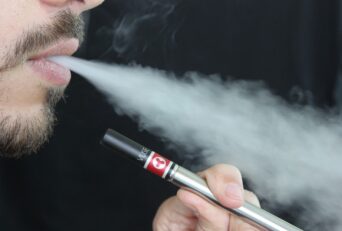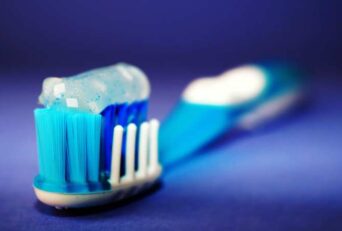Passing of the Agricultural Act of 2014 (AKA the Farm Bill) and the quickly following legalization of non-marijuana cannabis (hemp), the CBD market has been steadily growing, approaching closer and closer, and A Look into the Validity of the CBD Health Market: “Does CBD Work?”
Ever since the pnow it is finally here in full force.
Everyone you turn, from lotions and topicals in high-end boutiques to extra-sour gummy bears at the corner convenience store, you can find CBD, either infused or in its natural oily form. While some may view CBD as just “diet weed”, there is actually much more to be said for this chemical that shares its home in cannabis with THC, and many other chemicals as well.
There are a few terms and phrases that can sometimes be confused due to their ability to frequently, and incorrectly, be used interchangeably. Therefore, it’s important to know the true definitions of the jargon used in the CBD realm, so as not to be tricked or confused by words with similar, but different, meanings
CBD is short for cannabidiol, which is a chemical compound found within the cannabis plant that provides for a relaxing and calming body effect, with little to no psychoactive effects. THC is short for delta-9-tetrahydrocannabinol, which is another chemical compound found within the cannabis plant that provides psychoactive effects, or a “high”.
Marijuana is a type, or strain, of the Cannabis plant that includes THC, CBD, and many other chemicals that have other, less noticeable impacts on our bodies. Hemp is a type, or strain, of the Cannabis plant that does not contain any THC, or contains it at such a low concentration so as not to be significant to humans. The most important thing to remember is that hemp has CBD only in hemp, while marijuana contains CBD and THC.
Now let’s take a look at what the sellers, the consumer CBD market is saying. If we type “Best CBD Oil: into a search engine, the top hit is “Penguin CBD” and thankfully their website is accommodating and easy to figure out. Their top product is their CBD Oil, a concentrated tincture of the good stuff taken from their finest Oregon hemp, but I’m a little more interested in their FAQ page found just around the corner.
Reading through this page we are assured that the product, and CBD as a whole, is legal; that the CBD for the product is sourced efficiently, safely, and with care; and that these products do not contain THC and are not for getting high. It’s knowledgeable, but in terms of answering the question, “Does CBD work?”, there is much to be desired for here.
Let’s switch gears and take a look at the thoughts of those who are held with the highest esteem, the federal government. Luckily, the FDA (U.S. Food and Drug Administration) has a specific part of its website dedicated to answering questions about CBD.
The information found on the website is extensive, providing good information overall, with lots of facts and definitions, but with a strong concentration on the legal side of CBD, hemp, and cannabis.
Of course, this is valuable information to know, but for the purposes of answering our question on the legitimacy and efficacy of CBD, legality doesn’t really provide an answer at all. The FDA does tell us that CBD is not currently “approved” by their administration but that testing is ongoing and updates will be posted when conclusive results are found.
Ultimately, the federal government sounds very tentative about CBD, going so far as to mention potential harm and side effects from using CBD without even mentioning the intended, positive results of taking the drug.
I’d wager to say the government, fueled by years of “War on Drugs” mentality, is just as biased as the CBD companies, though in the opposite direction of course. But where can we look to find an unbiased and educated opinion on the effects of CBD on the human body?
Ever so luckily for us, an undeniable institution of truth and knowledge has recently released their own findings after doing research on CBD. The Harvard Health Publishing team from Harvard Medical School finally provides us with an answer to our question: “Does CBD Work?” By specifically mentioning instances when CBD has been used medicinally to alleviate or eliminate symptoms, the Harvard team backs up their claims with credible evidence and sources.
Fairly, the Harvard team also takes time to mention the chance of adverse effects and to warn against using CBD if it doesn’t seem like a good personal fit for you. Ultimately, the team at Harvard Medical tells us that CBD does show medicinal value, but they too believe more testing is needed to truly obtain conclusive results on the efficacy of CBD.
They also warn that because CBD is currently unregulated by the FDA, it is difficult to distinguish between CBD products that are useful, potent, and safe, and products that are labeled as being beneficial and containing CBD, but may actually contain no CBD at all. Without regulation by the federal government, it is up to the market and the consumers to regulate themselves.
So here we are, the consumers, regulating ourselves. The most important and effective way to do that is by exercising your right of choice by only spending your money on products and with companies that you believe in. If we all as consumers only purchase the best quality stuff, then the natural selection of capitalism should take care of itself and eventually only leave us with quality selections to choose from when we “go to market”, so to speak.
The next way to have your voice heard is to reach out to your local politician, or any politician who will listen, and try and get CBD regulated at the federal level, by the FDA. Some states already have their own regulations pertaining to CBD, and the federal government could surely learn something from these. However you choose to make your opinion heard, it’s important to stand behind something you believe in!






